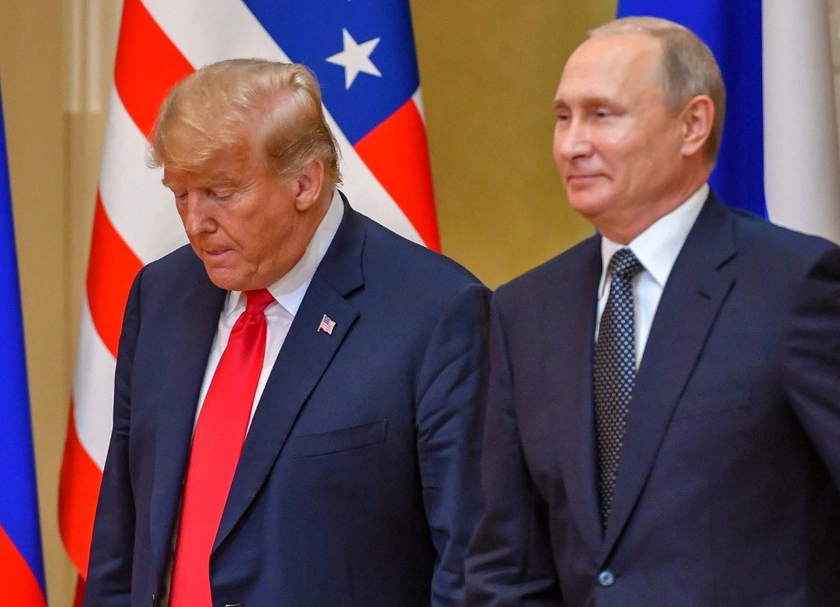Since the Soviet era, in Ukraine, the etiquette of alcohol consumption has dictated that before you take each sip of alcohol, a toast must be made. It might be a long speech or a short phrase, but, traditionally, you can’t take a drink until someone has announced what you are drinking to. For fifteen months now, at home, in restaurants, and bars Ukrainians have been drinking “To victory!” As we watched the arrest in Moscow of the ex-FSB man, pro-Russian war nationalist Girkin, a more recently generated toast was often repeated: "Let’s drink to them all destroying each other!"
During this war, while restaurants and cafes have maintained their role as centers of gastronomic culture, bars have tended to become platforms of civil society where like-minded people gather to share in and develop a sense of national unity. Regular clients feel like members of a family in which there is mutual concern and a strong desire to help vouchsafe Ukraine’s future.
JOIN US ON TELEGRAM
Follow our coverage of the war on the @Kyivpost_official.
Recently, the well-known Kyiv bartender Bohdan “Bodya” Kuzminsky took leave of his friends. He was going to join the army. Bodya was seen off by all his colleagues and the regulars at Kyiv’s legendary bar Barman Dictat which is located under building 44 on Khreshchatyk Avenue.
The entrance to the bar is in a narrow yard and going in is like entering a bomb shelter. Quite possibly that was one of the functions of these spacious subterranean premises. The cellar was privatized and resold several times, in the end, becoming what it is today – a very cozy and much-loved bar for Kyivites and brave ex-pats who, despite the almost daily rocket and drone attacks on Kyiv, have not been driven out of the city.
Suspect in Odesa Activist’s Murder Detained – Police Probe Contract Killing, Russian Link
There are several such underground bars in the center of Kyiv, and they are usually open by 16:00 in the afternoon. In the evening they get very crowded, but no one complains. The patrons have a dual motivation for choosing these underground “watering holes” – to relieve stress and to spend a few hours in the safety of an underground shelter. The bars can go on with their programs of cultural events and entertainment uninterrupted by missile attacks.
At Barman Dictat, live music performances are often preceded by meetings of the History Lovers’ Club, featuring “Stories for Adults” – discussions about relevant historical topics. The discussions are sometimes led by the writer Oleh Kryshtopa, sometimes by the literary critic Nastiia Evdokimova, and sometimes by the two of them together with specially invited guests – experts in one or another area of history or contemporary life.
The discussions are recorded on video and posted on a YouTube channel under the same name – “Stories for Adults.” Slowly, the channel is gaining popularity and the number of subscribers has already passed the quarter-of-a-million mark.
The topic of one of these discussions was the personality of the writer Mykola Hohol, a.k.a Nikolai Gogol, and the main question was: “Can Gogol be considered a Ukrainian writer?” Over one or two glasses of whiskey – after all, the hour-and-a-half discussion took place in a bar! – the participants concluded that he can be considered Ukrainian, but they added that the theme of Gogol’s identity could be explored to eternity. He will always be seen as striding both Russian and Ukrainian culture. In a German hotel, he registered himself as Ukrainian, but he called himself a Russian writer.
When that public discussion about Gogol took place, Bodya was still standing with his colleagues at the bar, making cocktails and pouring whiskey and rum for customers. Now he is already in a military unit, defending Ukraine.
Among the regular customers at the Barman Dictat, there are many veterans who have already returned from the front – some due to injury. The bar is a labyrinth of rooms, and the veterans usually gather in one of its furthest corners. But when they leave, they have to walk through the main bar area which is always crowded and noisy, with the stage at one end. As the veterans pass, a perceptible hush falls over the room. There is both fear and admiration in the careful glances of the other customers.
The bar’s lively atmosphere might give the impression that things in Kyiv are fine, but everyone present is aware of the plethora of problems that the war has brought to the city, both above ground and under it.
Bodya’s colleague, a bartender at a partner bar on the left bank of the Dnipro River – also called Barman Dictat – has returned home already from the frontline, but with one hand missing. While he is unemployed and dreaming of getting back to his former workplace, his colleagues are organizing a fundraising campaign to buy him a high-quality prosthesis. The History Lovers’ Club is a big part of this campaign. And I should admit that Ukrainian history is now a big hit at the bar, just like the Big Lebowski cocktail which was called a “Moscow mule” before the war.
I hope that "Bodya" Kuzminsky will come back from the war safe and sound. He will come and stand behind the counter again and create some new cocktails, and customers can Join in the happy task of coming up with some suitably peaceful names for them.
You can also highlight the text and press Ctrl + Enter







